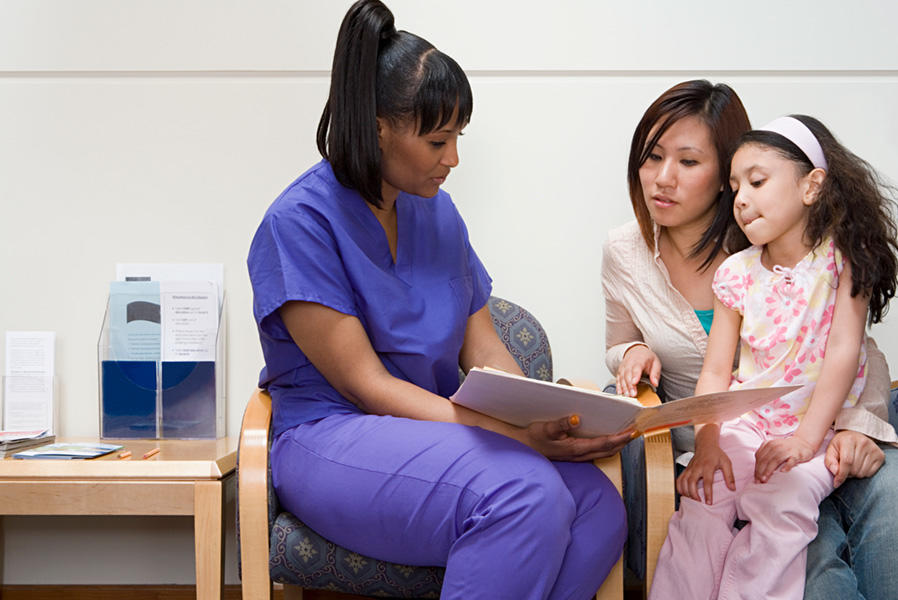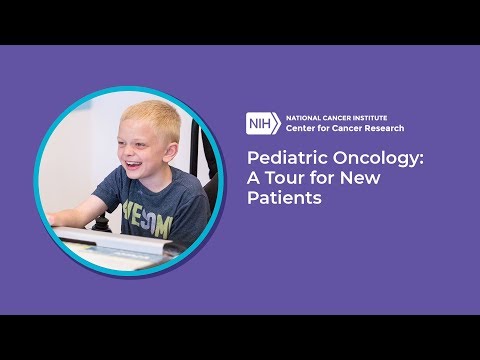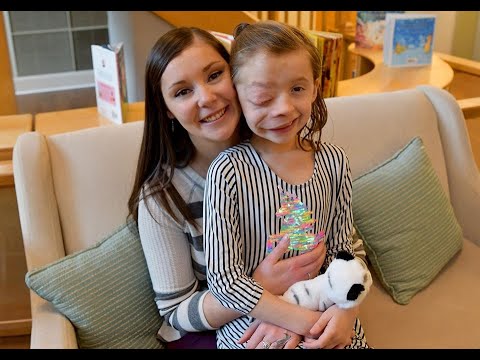When you are diagnosed with a rare cancer, you and your family may think about joining a clinical trial or study. Much of what scientists have learned about cancer has come from rare cancer patients sharing their experience and tissue. You can help future rare cancer patients by helping researchers today.
A clinical trial may give you access to a new drug. It may also be a chance to see doctors that are world experts in your rare cancer. Clinical trials that test a new treatment are often called intervention trials. Clinical trials that learn more about the rare cancer without trying to treat it may be called natural history studies.
Clinical trials for common cancer may fill up quickly, but clinical trials for rare cancers can take much longer to complete. Sometimes drugs for rare cancers cannot be tested properly because there aren’t enough people with the rare tumor to join the trial. When you have a rare tumor, you can make a big difference by joining a study.
Keeping Families Together During Studies at the NIH Clinical Center
It can be hard on families when a child or teen is in a clinical trial because they may need to travel far from home to participate. Children with cancer who come to the NIH Clinical Center can stay with their families for free at The Children’s Inn. You can take a virtual tour of The Children’s Inn to learn what it is like to stay there. Watch the video below to learn about a young girl named Autumn who stays at The Children's Inn and visits the NIH Clinical Center to receive treatment for her rare tumor.
Where to Learn More About Participating in a Rare Cancer Clinical Trial
You may have mixed feelings or have a lot of questions about taking part in a clinical trial. It may help to know what to expect. The National Cancer Institute has resources to help you understand what you can expect.
You should know that joining a clinical trial is your choice. You are in control and can drop out of the trial if you feel it is not right for you. You should also understand that there are systems to protect your privacy and your safety. The trial doctors and nurses are happy to answer your questions to help you know if the trial is the right choice for you.



